The search for a coherent framework for research and practice of agriculture at crossroads and rural systems in crises is the guiding theme of the book. In postmodern times, classical integrated pest management with biological control, environment-friendly and multifunctional agriculture, revised integrated pest management and agricultural sustainability, adaptive management of agricultural and rural systems and sustainable rural development are unfolding themes that fade into superordinate topics to finally fall into the realm of sustainability science. Philosophical reflections strengthen the foundations of ecological knowledge and broaden the moral basis for decisions.
In times of unprecedented uncertainties, combined reductionist and holistic approaches and the adoption of adaptive procedures promise incremental gains in knowledge and management skills. The emphasis on ethics, the reject of logical positivism, the consideration of theory, observation and modeling, the cautious invoke of postmodern doctrines and the bringing forth of quantum philosophy promise leaps for leading rural systems to a sustainable future. System governance and navigation towards the elusive goal of sustainability should be guided by sustainability assessments and the Renaissance ideals of reason combined with shared social norms and values. In addition, the logic of Dark Age conflictuality should not be followed. Moreover, the education of researchers should combine traditional disciplines with an in-depth training in mathematics and philosophy.

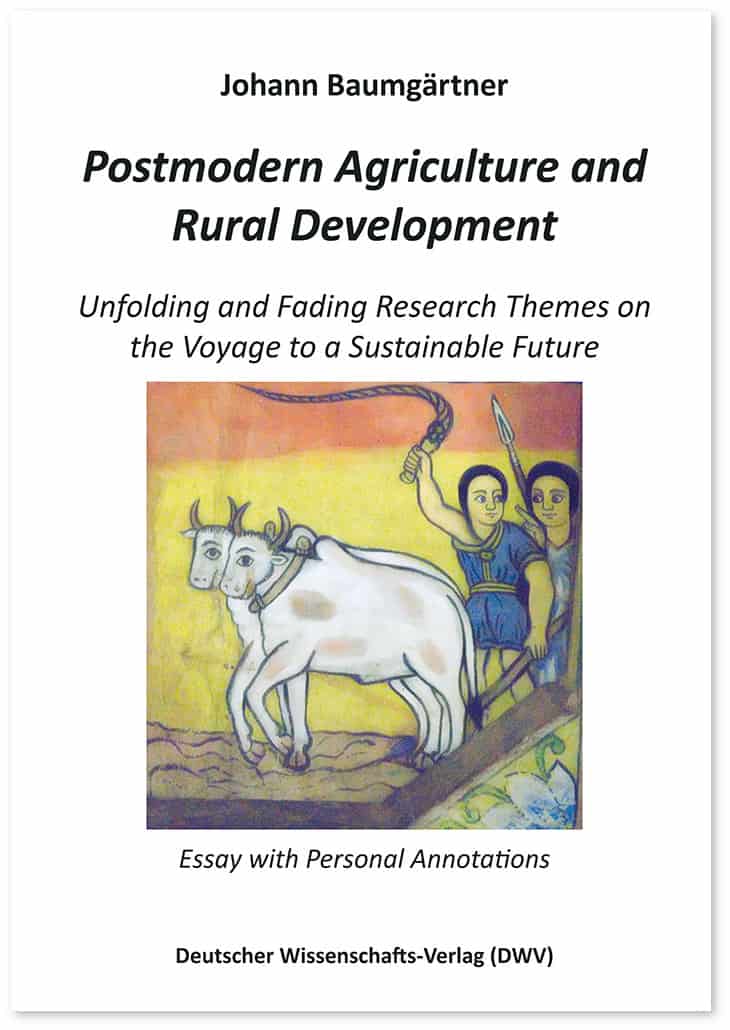
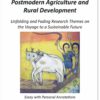
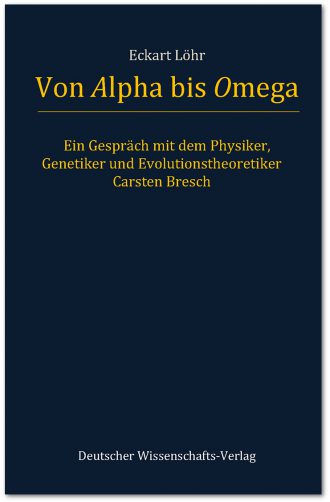
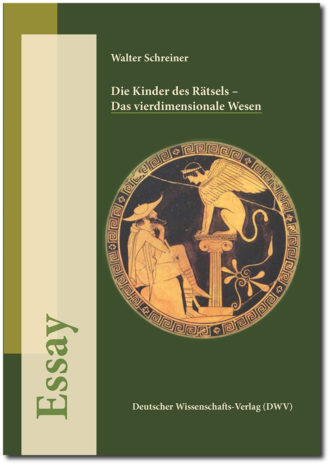
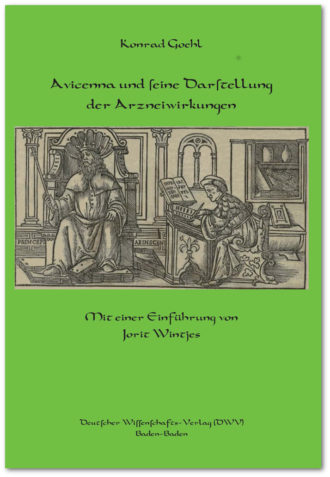
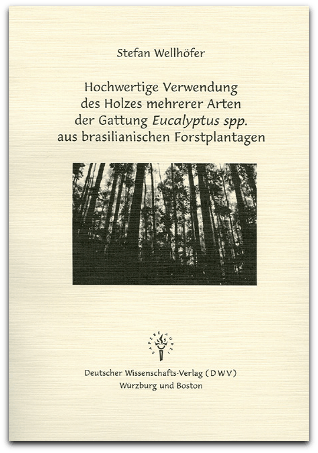
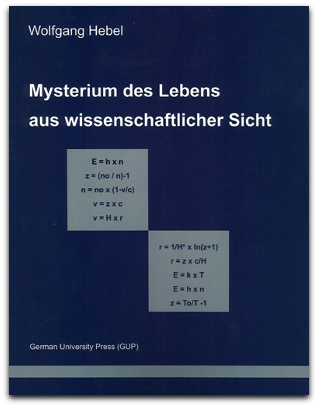
Bewertungen
Es gibt noch keine Bewertungen.